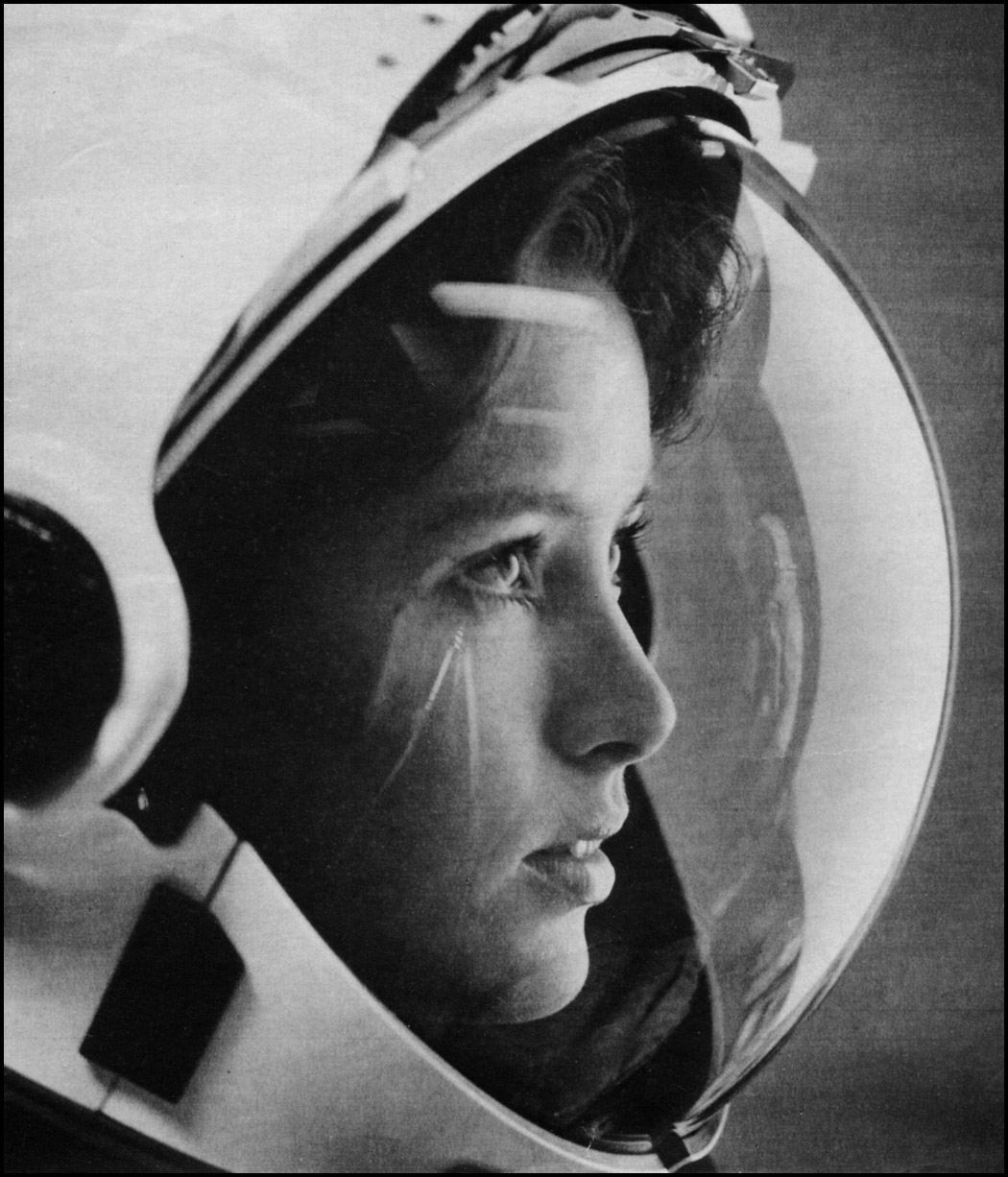 Question: How does Uranus see reality different?
Question: How does Uranus see reality different?
In astrology, Uranus is portrayed as a highly disruptive force that challenges conventional perspectives and ushers in novel insights. This planet is often associated with the underlying patterns that govern the universe—patterns that manifest through geometry, the mathematics of the heavens, and cosmic structures. Such associations emphasize Uranus’ role in revealing the hidden “code” and design behind all of existence, revealing its connection to areas of life that explore beyond the surface level of reality, such as astrology, astronomy, space exploration, and advanced technology. Uranus is considered the ruler of these realms because it symbolizes the breaking of boundaries and it encapsulates the ability to view the universe through a lens that transcends traditional human understanding. Its influence is said to elevate human perception to an idealistic and utopian level. This elevation is characterized by an ‘ahead of the time’ vision—think of the sudden flashes of insight or even prophetic foresight that seem to come from nowhere, yet offer profound wisdom and understanding of future potentials.
Astrologically, Uranus encourages looking at things from an ‘outsider’ perspective. This unique vantage point is not hindered by existing norms or the status quo, enabling truly radical and innovative thoughts. It’s this perspective that often allows those under its influence to challenge and redefine established models and standards. By its nature, Uranus urges individuals to question what is considered normal, pushing them towards the unconventional. This might manifest in revolutionary ideas in technology, avant-garde trends in art, or new theories in science that initially seem outlandish but later are recognized as ahead of their time. It represents a force that impels us to look forward, anticipate the future, and innovate in ways that profoundly alter our understanding of the world and our place within it.
The discovery of Uranus in 1781 by William Herschel was a watershed moment in astronomy and astrology, disrupting the classical understanding of the universe. Until that point, the universe as understood included only the planets visible to the naked eye: Sun, Moon, Mercury, Venus, Mars, Jupiter, and Saturn. The acceptance of Uranus into the planetary family not only expanded the known boundaries of our solar system but also challenged the philosophical and astrological frameworks that had been established over millennia.
Before Uranus was identified, Saturn was considered the outermost planet, symbolizing the ultimate boundary of life itself. The discovery of a planet twice as far from the Sun as Saturn forced a radical shift in perspective. It demonstrated vividly that the universe was much larger and more mysterious than previously believed. This revelation echoed Uranus’ astrological symbolism: breaking through barriers, challenging the status quo, and introducing dynamic change.
In astrology, the influence of Uranus is associated with innovation, revolution, and insight that cuts through conventional wisdom. It encourages questioning of established norms and often leads to upheavals in both personal and collective dimensions. The very manner in which Uranus orbits the Sun—on its side, with an axial tilt of 98 degrees, unlike any other planet in our solar system—symbolizes its role in astrology as the harbinger of unusual perspectives and radical shifts.
The integration of Uranus into astrological practice has been met with resistance from traditionalists who were reluctant to alter the classical seven-planet system. This resistance itself highlights a Uranian theme: the tension between the old guard and the new, between tradition and innovation. Thus, the discovery of Uranus represented a physical expansion of the known universe, and it was also a metaphysical invitation towards change, look beyond the obvious, and reconsider what we accept as the limit of reality.
Uranus can be seen as an inner call for change, often heard loudest when we find ourselves stuck in circumstances that feel limiting or inauthentic. Uranus acts as a catalyst for transformation, especially when we are entrenched in lives where we are not living out our true desires or potential. This planetary influence challenges us to question our assumptions about what is normal or acceptable and urges us to look at our situations from a new perspective.
Uranus encourages us to “turn question marks upside down,” a poetic way of saying that it gets us to rethink everything we’ve taken for granted. When Uranus influences our lives, it might feel as though we are seeing reality through a new lens, noticing possibilities and truths that were previously obscured. The sudden clarity that Uranus brings or change can be unsettling. Uranus does not simply “shake the tree” in a gentle manner; it can feel like a storm that uproots longstanding structures. For those deeply invested in the status quo, whether because of comfort, fear, or conditioning, the disruptions brought by Uranus can be particularly disconcerting.
Yet, there is a constructive and hopeful aspect to Uranus’s disruptions. When life’s established plans falter—when “Plan A” no longer seems viable—Uranus’s influence can manifest as an unexpected “Plan B.” This new path might not only be a way out of a troubling situation but can also lead to substantial personal growth and transformation. The new doors opened by Uranian energy typically lead to paths less traveled, inviting growth in directions we might never have considered before.
Uranus’s characteristics and discoveries make it a fascinating subject in both the scientific and astrological realms. Scientifically, Uranus is unique for its extreme axial tilt and its mysterious internal composition. The planet is believed to contain a vast internal “ocean” made not of liquid water as we know it on Earth, but of water, ammonia, and other compounds under high pressure and temperature. This creates a dense, hot fluid that is electrically conductive, which contributes to Uranus’s magnetic field. This magnetic field is peculiar because it is not only strong but also tilted relative to the planet’s rotation axis and offset from the center, which could be due to the unusual internal structure of the planet.
Astrologically, Uranus is often associated with electricity, shock, and sudden insight, paralleling its discovery during the rise of the electrical age in the late 18th century. Uranus is seen as a bearer of enlightenment, innovation, and radical change, mirroring the disrupting and transformative nature of electricity itself. The planet’s influence is often described as “electrical” in nature, reflecting its ability to send shockwaves through the established order and the human psyche, giving rise to sudden revelations and rapid shifts in perception. These shifts can challenge conventional outlooks, pushing the boundaries of language and thought, and fraying the edges of what is commonly understood or communicated. All of this is aligned with the astrological view of Uranus as a catalyst for intellectual and spiritual awakening, often arriving with the startling abruptness of a lightning bolt.
Thus, Uranus challenges us to expand our understanding and to embrace new ways of thinking that can radically alter our perception of reality.










